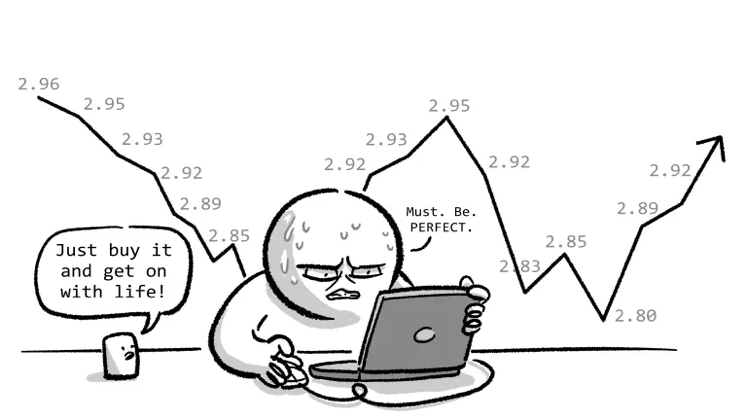
TC93
No personal profile
420Follow
13Followers
0Topic
0Badge
Ok
Sorry, the original content has been removed
Wow
Wall St posts declines for first week of 2022; Nasdaq has worst week since Feb
Good
China says foreign trade may face more complicated situation next year
Good one
Sorry, the original content has been removed
Get
Why Roblox Is A Compelling Risk/Reward Bet With Metaverse Optionality
Diamond hands!
Sorry, the original content has been removed
Oil stocks to the moon, like! $NextDecade Corporation(NEXT)$$Tellurian Inc.(TELL)$
Sorry, the original content has been removed
Great
This Red-Hot Value Stock Just Raised Its Dividend by 49%
Wow
Wall Street's subdued finish fails to detract from strong August
Outstanding
Sorry, the original content has been removed
Go to Tiger App to see more news